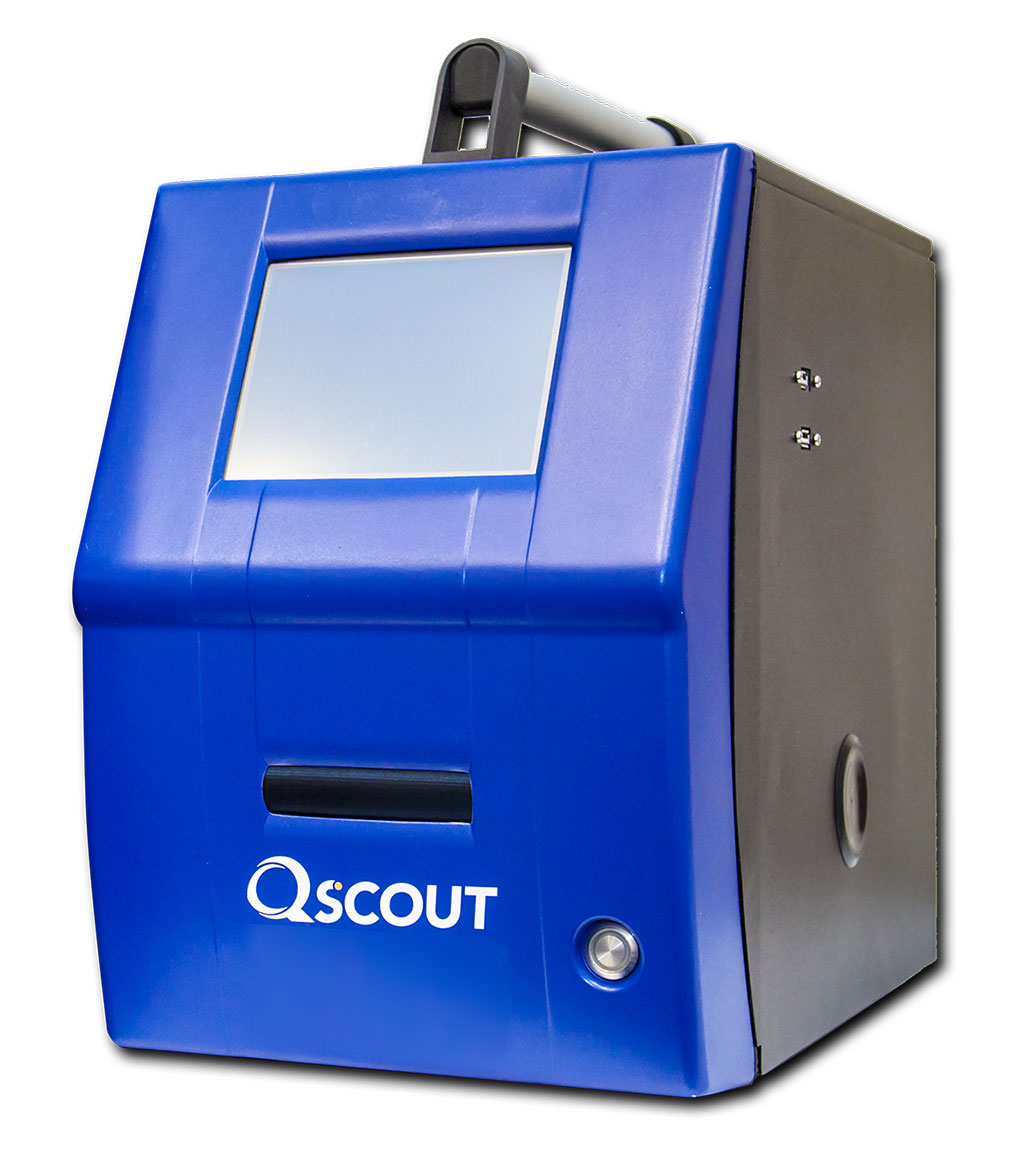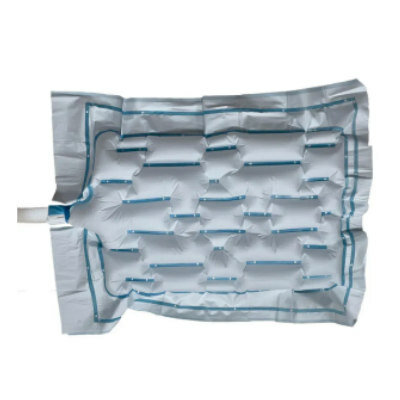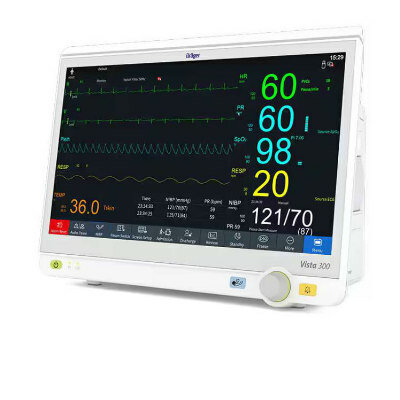First-Ever Rapid-Result Hematology Analyzer Measures Disease and Infection at POC
|
By HospiMedica International staff writers Posted on 31 Mar 2023 |

Sepsis is a severe medical emergency that occurs when the body reacts strongly to an infection. This life-threatening condition is triggered by a chain reaction throughout the body, often starting from infections in the lung, urinary tract, skin, or gastrointestinal tract. Nearly any infection can lead to sepsis, which occurs when a localized infection progresses to severe infection throughout the body. According to a 2020 study, sepsis caused almost 11 million deaths worldwide in 2017, accounting for nearly 20% of all deaths in that year. Now, a new rapid-result hematology system comes with the capability to count immature infection-fighting granulocytes, one of the earliest markers for sepsis.
The QScout RLD rapid-result hematology system from Ad Astra Diagnostics, Inc. (AAD, Morrisville, NC, USA) is designed to measure white blood cell count, neutrophil-to-lymphocyte ratio, and counts of six white blood cell types in fingerstick or venous blood. QScout is the first hematology platform designed to quickly and accurately measure disease and infection, including a ratio of two white blood cell types (neutrophil-to-lymphocyte ratio) and count of immature granulocytes, at the point of care.
The QScout system uses a Rapid Leukocyte Differential (RLD) test that contains a dried reagent to stain cells. Whole blood is added to the test and inserted into the QScout Lab analyzer. The analyzer's optical system captures images of the cells, while an algorithm quickly identifies them, and results are displayed within two minutes. Ad Astra has submitted a 510(k) application to the U.S. Food and Drug Administration (FDA) for the QScout RLD. The company aims to expedite the regulatory review process to obtain clearance for the system's use at the point of care, where faster results can improve health outcomes, and in the lab, where it can enhance efficiency.
“QScout RLD was designed as a quick, quantitative 'scout' for infection that is simple enough to operate yet robust enough to deliver reliable data patient-side,” said AAD's chief scientific officer and co-founder, Rudy Rodriguez. “In doing so, QScout RLD offers the potential to democratize access to quality diagnostics, while providing healthcare professionals with a potentially life-saving tool.”
Related Links:
Ad Astra Diagnostics
Latest Point of Care News
Channels
Critical Care
view channel
Ingestible Smart Capsule for Chemical Sensing in the Gut Moves Closer to Market
Intestinal gases are associated with several health conditions, including colon cancer, irritable bowel syndrome, and inflammatory bowel disease, and they have the potential to serve as crucial biomarkers... Read moreNovel Cannula Delivery System Enables Targeted Delivery of Imaging Agents and Drugs
Multiphoton microscopy has become an invaluable tool in neuroscience, allowing researchers to observe brain activity in real time with high-resolution imaging. A crucial aspect of many multiphoton microscopy... Read more
Novel Intrabronchial Method Delivers Cell Therapies in Critically Ill Patients on External Lung Support
Until now, administering cell therapies to patients on extracorporeal membrane oxygenation (ECMO)—a life-support system typically used for severe lung failure—has been nearly impossible.... Read moreSurgical Techniques
view channel
Pioneering Sutureless Coronary Bypass Technology to Eliminate Open-Chest Procedures
In patients with coronary artery disease, certain blood vessels may be narrowed or blocked, requiring a stent or a bypass (also known as diversion) to restore blood flow to the heart. Bypass surgeries... Read more
Intravascular Imaging for Guiding Stent Implantation Ensures Safer Stenting Procedures
Patients diagnosed with coronary artery disease, which is caused by plaque accumulation within the arteries leading to chest pain, shortness of breath, and potential heart attacks, frequently undergo percutaneous... Read more
World's First AI Surgical Guidance Platform Allows Surgeons to Measure Success in Real-Time
Surgeons have always faced challenges in measuring their progress toward surgical goals during procedures. Traditionally, obtaining measurements required stepping out of the sterile environment to perform... Read morePatient Care
view channel
Portable Biosensor Platform to Reduce Hospital-Acquired Infections
Approximately 4 million patients in the European Union acquire healthcare-associated infections (HAIs) or nosocomial infections each year, with around 37,000 deaths directly resulting from these infections,... Read moreFirst-Of-Its-Kind Portable Germicidal Light Technology Disinfects High-Touch Clinical Surfaces in Seconds
Reducing healthcare-acquired infections (HAIs) remains a pressing issue within global healthcare systems. In the United States alone, 1.7 million patients contract HAIs annually, leading to approximately... Read more
Surgical Capacity Optimization Solution Helps Hospitals Boost OR Utilization
An innovative solution has the capability to transform surgical capacity utilization by targeting the root cause of surgical block time inefficiencies. Fujitsu Limited’s (Tokyo, Japan) Surgical Capacity... Read more
Game-Changing Innovation in Surgical Instrument Sterilization Significantly Improves OR Throughput
A groundbreaking innovation enables hospitals to significantly improve instrument processing time and throughput in operating rooms (ORs) and sterile processing departments. Turbett Surgical, Inc.... Read moreHealth IT
view channel
Printable Molecule-Selective Nanoparticles Enable Mass Production of Wearable Biosensors
The future of medicine is likely to focus on the personalization of healthcare—understanding exactly what an individual requires and delivering the appropriate combination of nutrients, metabolites, and... Read more
Smartwatches Could Detect Congestive Heart Failure
Diagnosing congestive heart failure (CHF) typically requires expensive and time-consuming imaging techniques like echocardiography, also known as cardiac ultrasound. Previously, detecting CHF by analyzing... Read moreBusiness
view channel
Expanded Collaboration to Transform OR Technology Through AI and Automation
The expansion of an existing collaboration between three leading companies aims to develop artificial intelligence (AI)-driven solutions for smart operating rooms with sophisticated monitoring and automation.... Read more

















